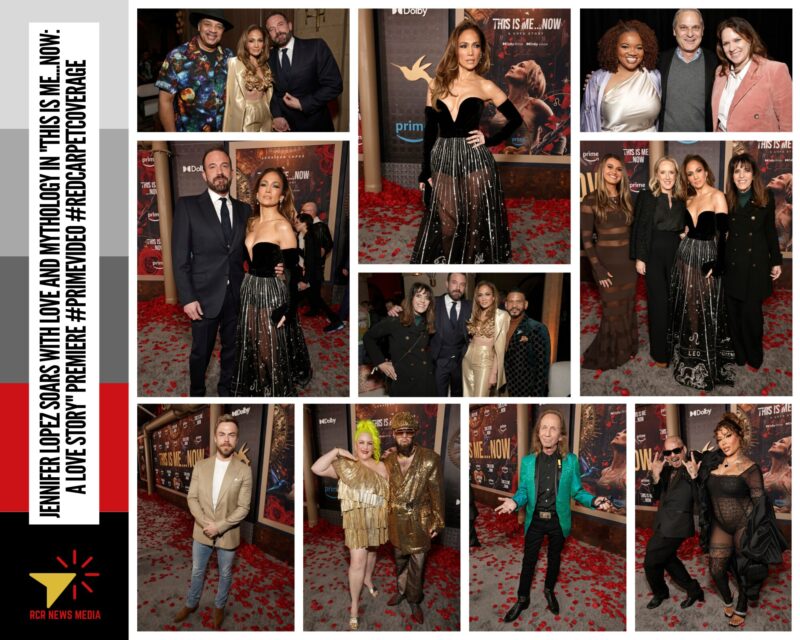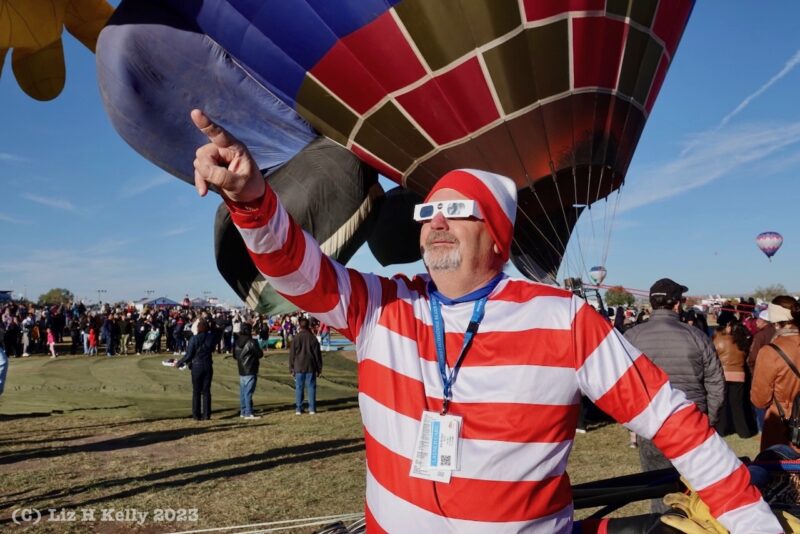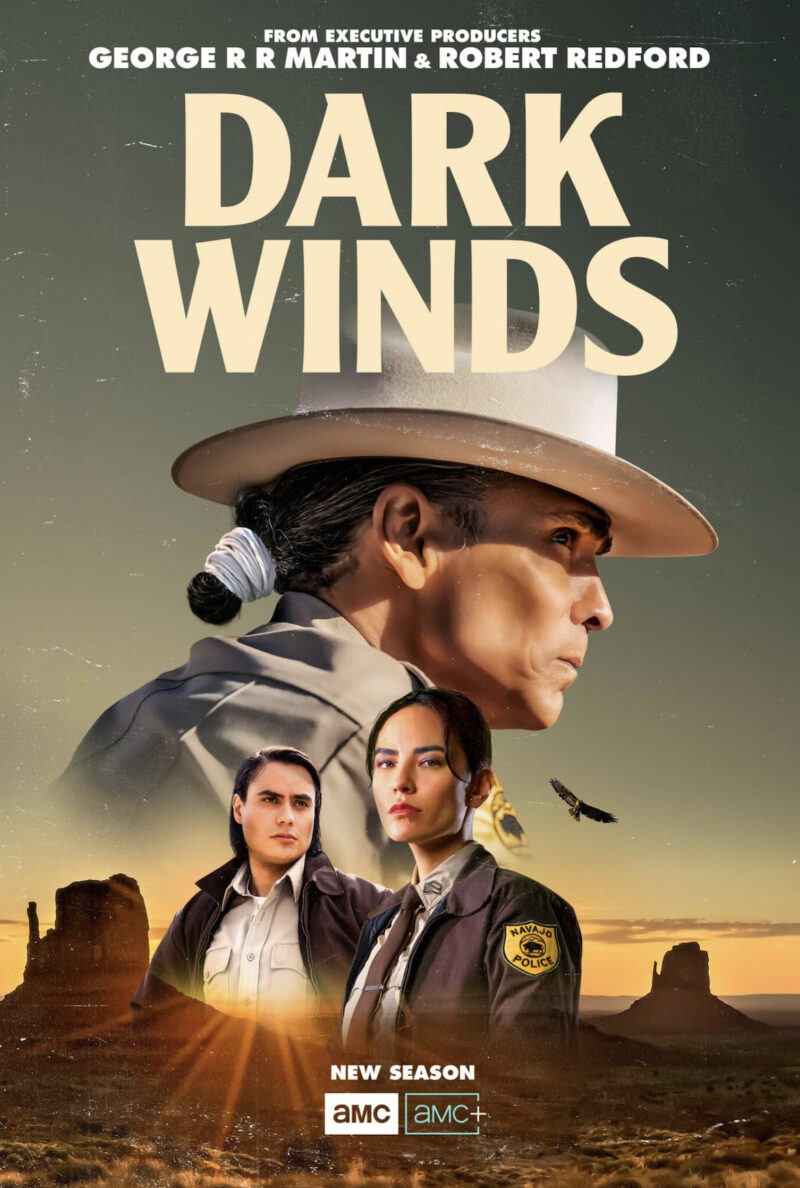This past week Netflix began streaming a documentary about a once in a lifetime figure that transcended the Latin culture he belongs to. Mucho Mucho Amor: The Legend Of Walter Mercado documents the life of celebrity astrologer Walter Mercado from his humble beginnings growing up in 1930’s Puerto Rico all the way to his final appearance in Miami (2019).
That’s the simple boilerplate of one of our culture’s biggest forces of nature. If you grew up in a Mexican household in the 90s’, there’s a good chance your mother, Abuela, or even your father tuned into Spanish tv at 5:47 PM when shows like Primer Impacto or Christina would have Walter Mercado perform your horoscope.
As a kid, I could understand and loosely read Spanish. The language was always so broken to me that no telenovela or Pelicula (movie) my parents watched in their native tongue ever held my attention. Disconnection from Mexican culture widened for me, despite growing up in a southern Los Angeles county neighborhood that was predominantly Mexican and African-American.
For a long time, the only thing I knew about Latin culture was loud parties every weekend at neighboring homes that would last till around 3 AM and pick up trucks with airbrush bird art on them. An entire existence of music, Aztec civilization, dance, battle all seemed to never permeate my own life. But one thing my mother zealously watched, I did notice.
Like most women of her culture, she watched this figure adorned in jewels and draped by capes fit for royalty. Walter Mercado radiated a mystique that didn’t command attention militantly but welcomed you intimately through a television. My mother would become a citizen of the U.S, socialize with women she didn’t know, and even play the lottery because Walter Mercado’s message was to take advantage of the strength Gemini was experiencing at the moment. The same message all Gemini would receive, yet if you ask most of the people who tuned in, they’d all swear he was speaking directly to them individually. Aries, Capricorn, Taurus, every person who belonged to their astrological sign felt as though they were sitting in a parlor with Walter reading their palm.
In 1998, at the age of sixteen, my culture was the furthest thing from a priority. That year I sold t-shirts at booth in the Los Angeles Convention Center during an event celebrating Latin heritage. One of the key guests appearing was Walter Mercado, and at the moment he was probably the only famous person appearing there I would have recognized. During the event, I found myself crossing Walter’s path at a table he signed autographs behind. In a spur of the moment, I approached the man to ask for a photo as “hey mom check this out” thing.

Walter’s profile among not only the Latino community but Los Angeles is not unlike Elvis in his peak. As I haphazardly spoke the words “Senor Mercado”, he waved me to him and shook my hand. His hair was like all of my aunts, my eyes were drawn to the silk turquoise jacket he had on. I didn’t know what to say other than how huge a follower of his my mother was, we took a blurry photo and he simply told me I would find peace and “dale todo mi amor at tu mama.” Though our interaction was likely ordinary for him, there was always an aura of mystique, calm, and joy I sensed from it.
As I got older, the dumb, naive views of my heritage didn’t stop. Even being in the middle of events such as the DNC riot of 2000 didn’t get through to me. It wouldn’t be until entering my late twenties where I’d begin truly exposing myself to the art and struggles of my parents’ heritage gave me the view of Latino culture I should have had. Through all those years, Walter Mercado remained a simple story I told people about but never quite understood why it stood out.
Over the past decade, I’ve been fortunate enough to meet or interview actors, comedians, artists, even legends. Norman Reedus, Gabriel Iglesias, Stone Cold Steve Austin, Chuck Palahniuk, Stan Lee, people who I’ve held an appreciation for of their craft. Yet a meeting as a teenager with Walter Mercado always stood out to me.
Watching Mucho Mucho Amor last night something said put perspective into my encounter from ages ago. Why did my mom and millions of others hang on his every word? His message was always positive. Poor struggling people are part of every society. Walter’s astrological reading was a way for him to make people better through belief. It’s not enough to pray or to feel as though some invisible being is watching you. Change and strength come from within first and his encouragement, near manipulation of the stars in favor towards each of us, could pull you out of whatever was going on in your life. For a culture that comes from a time and place where things like psychology were not held in high regard, Walter Mercado was my mom’s therapy. A tangible guide in living life with compassion and above all else, love.

When the credits rolled on the documentary, something made sense about the events of 1998. The hand on my shoulder was a moment with someone larger than life. Someone who loved unconditionally more than anyone on the planet. I’m proud to share parts of a culture with someone who had that positive impact on millions just by letting them know the universe could be on their side it just takes faith.
Maybe you have your own Walter Mercado story? Or maybe watching a documentary on Netflix is your first encounter? Regardless, after streaming Mucho Mucho Amor on Netflix, you’ll understand just how this figure stands with giants like Vicente Fernandez, Cesar Chavez, and other cornerstones of Latin culture.

















